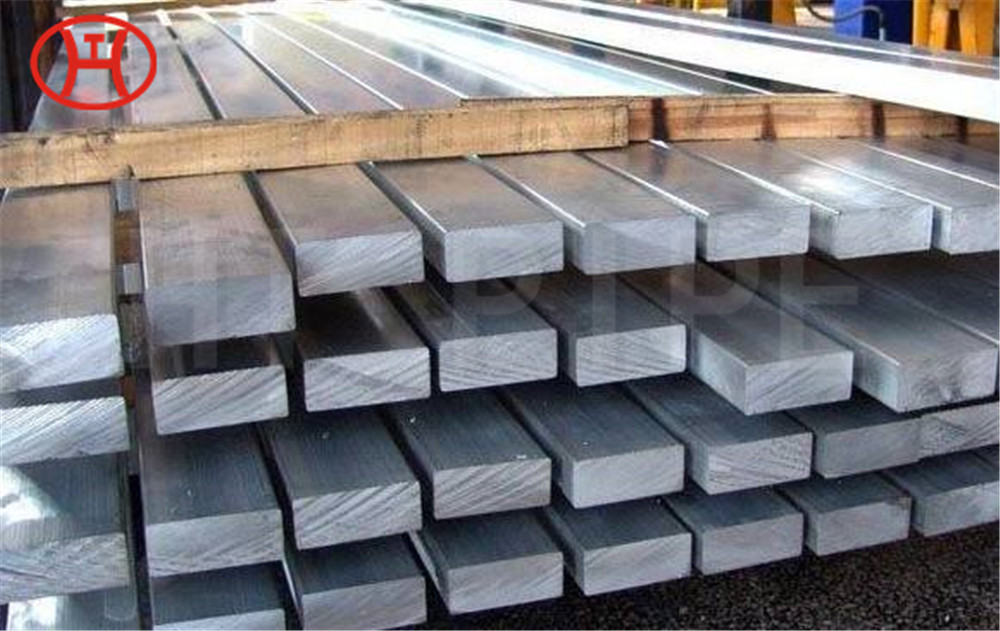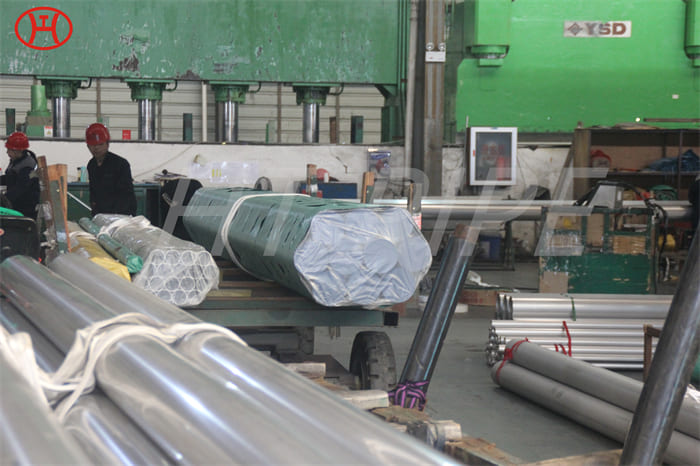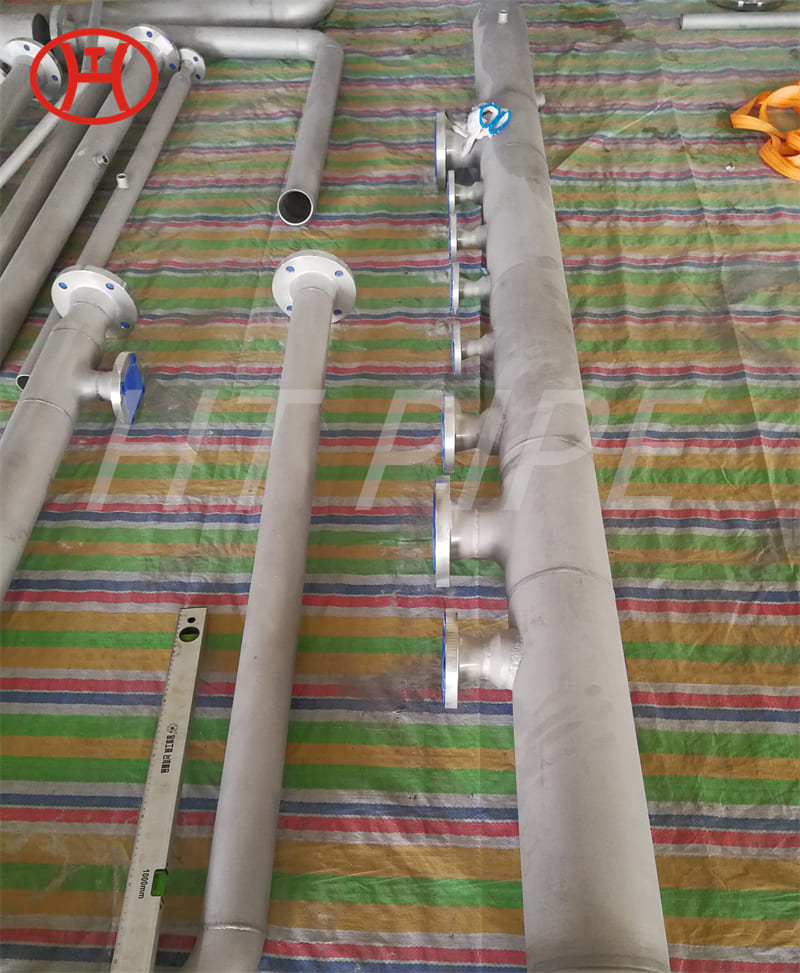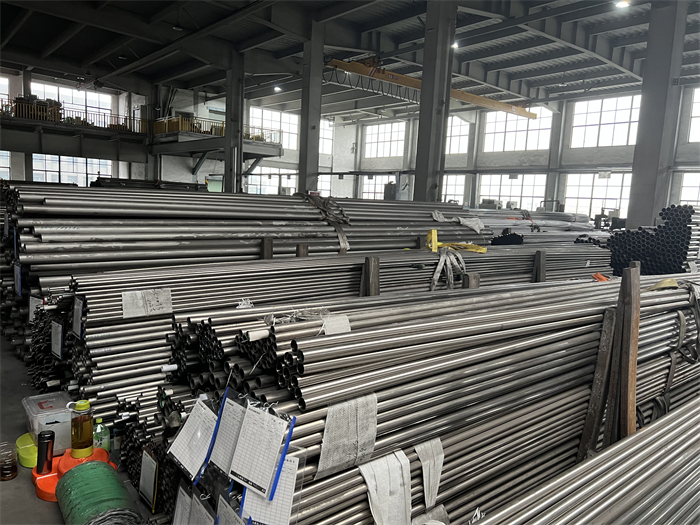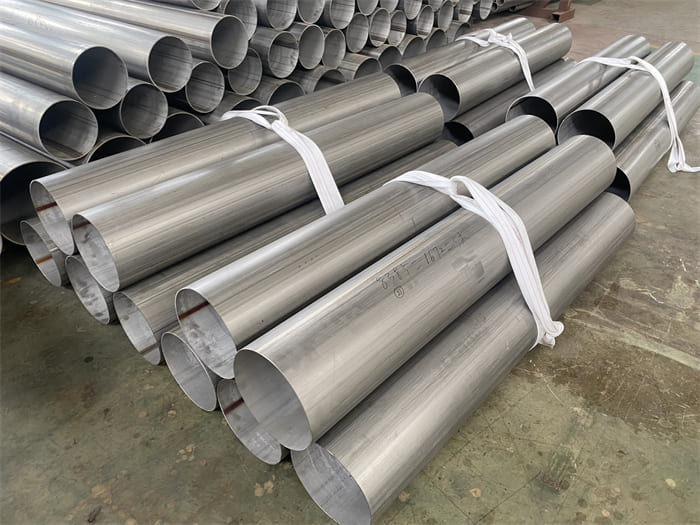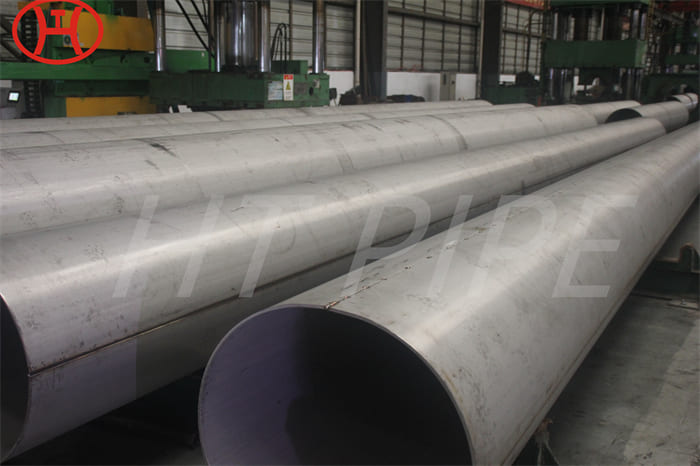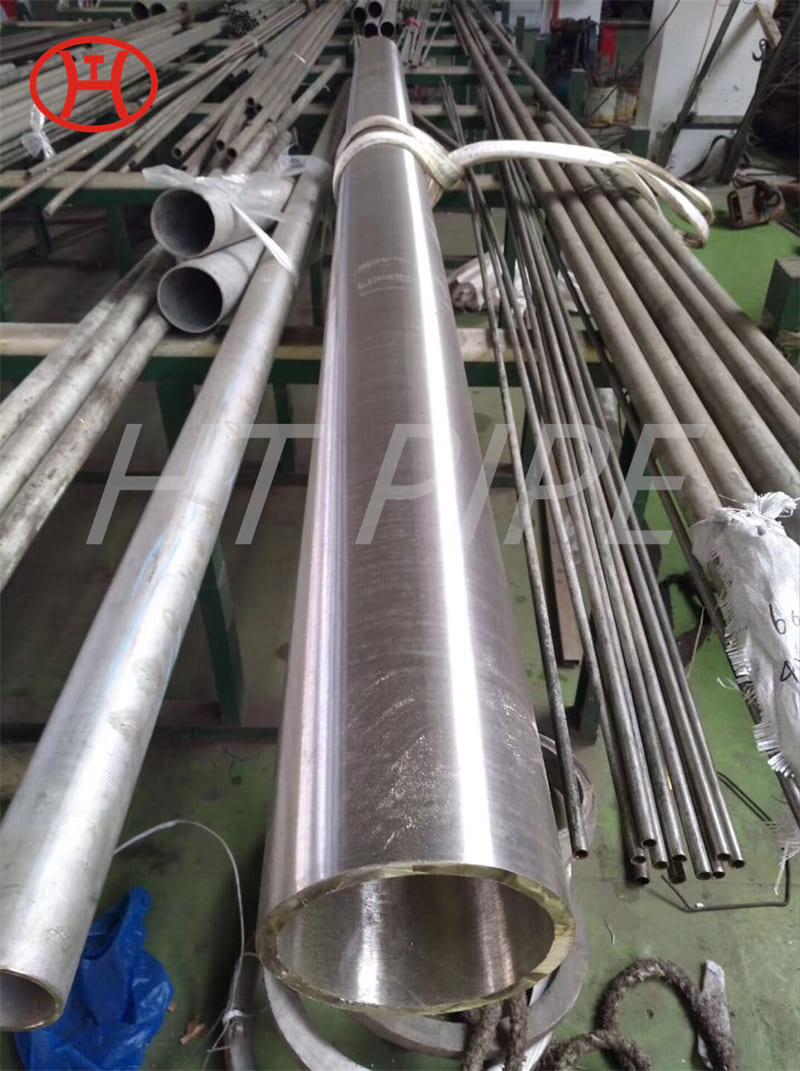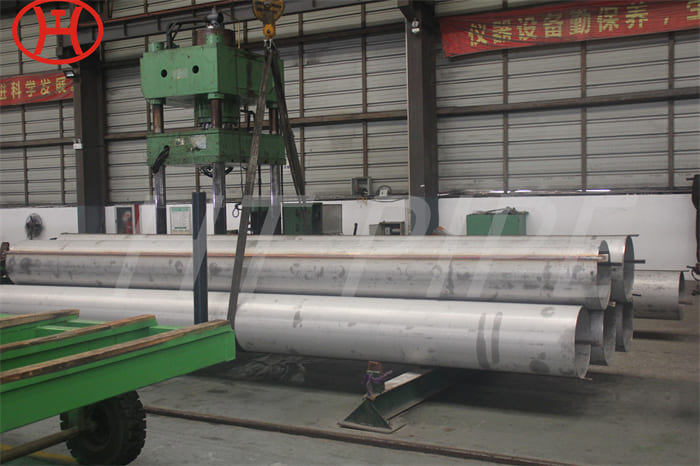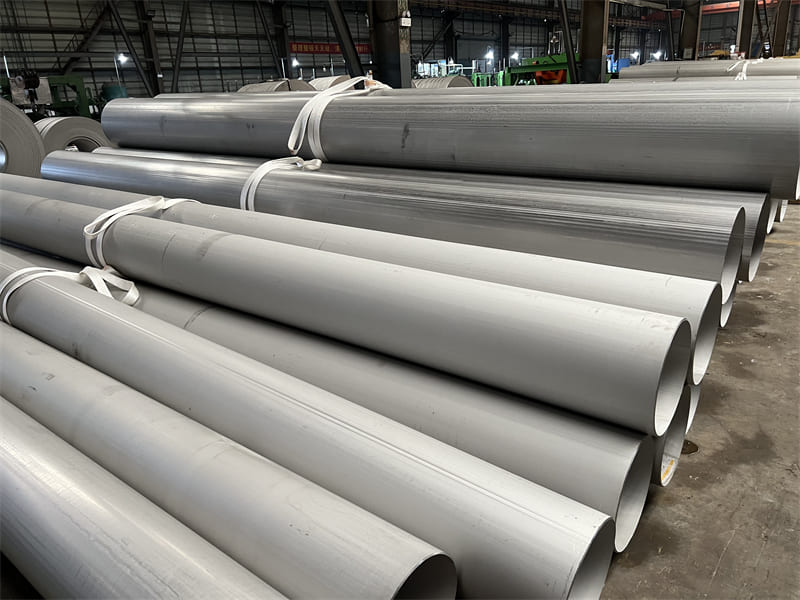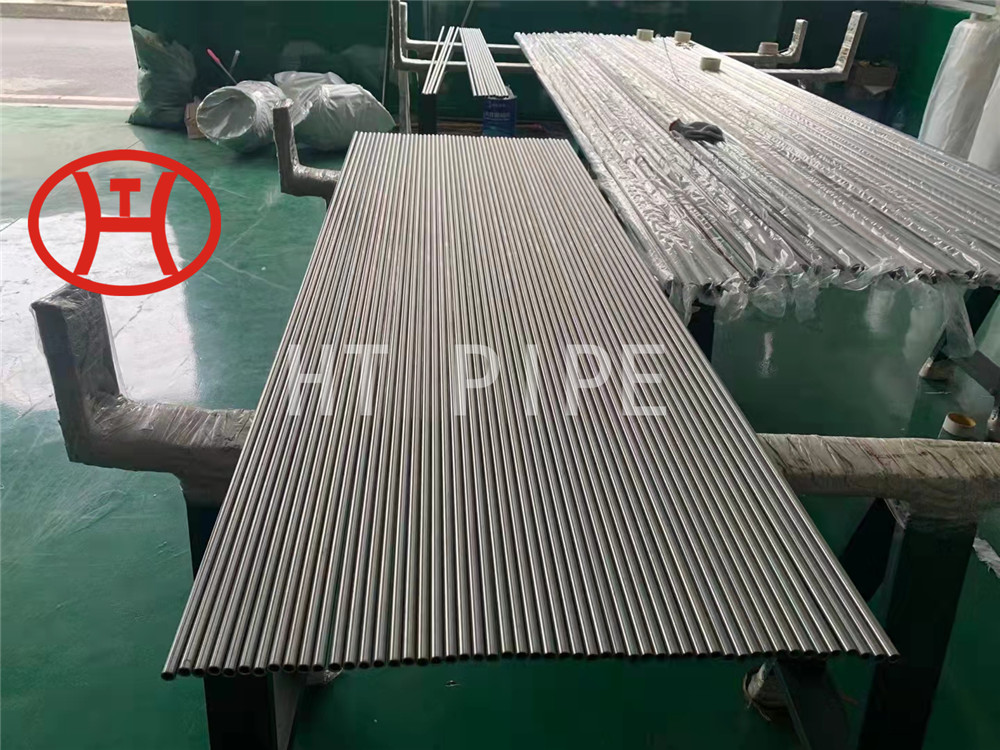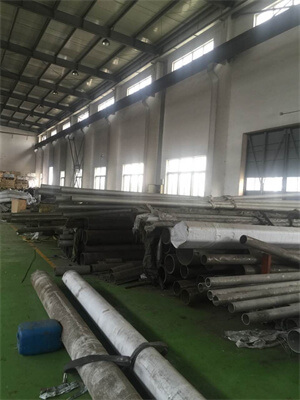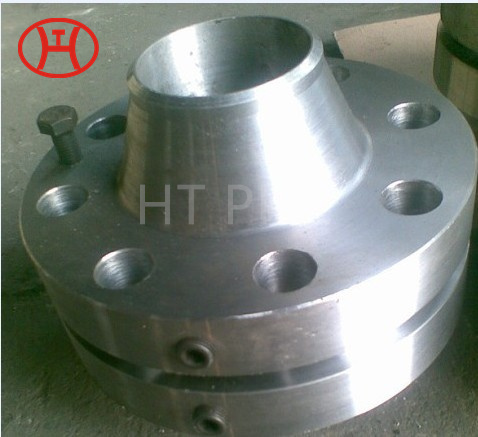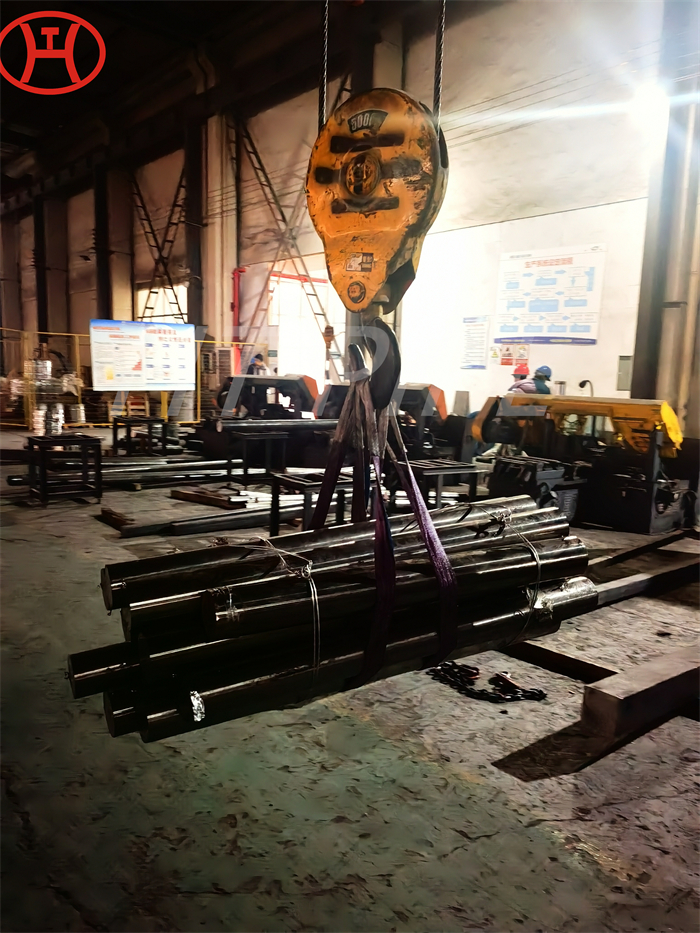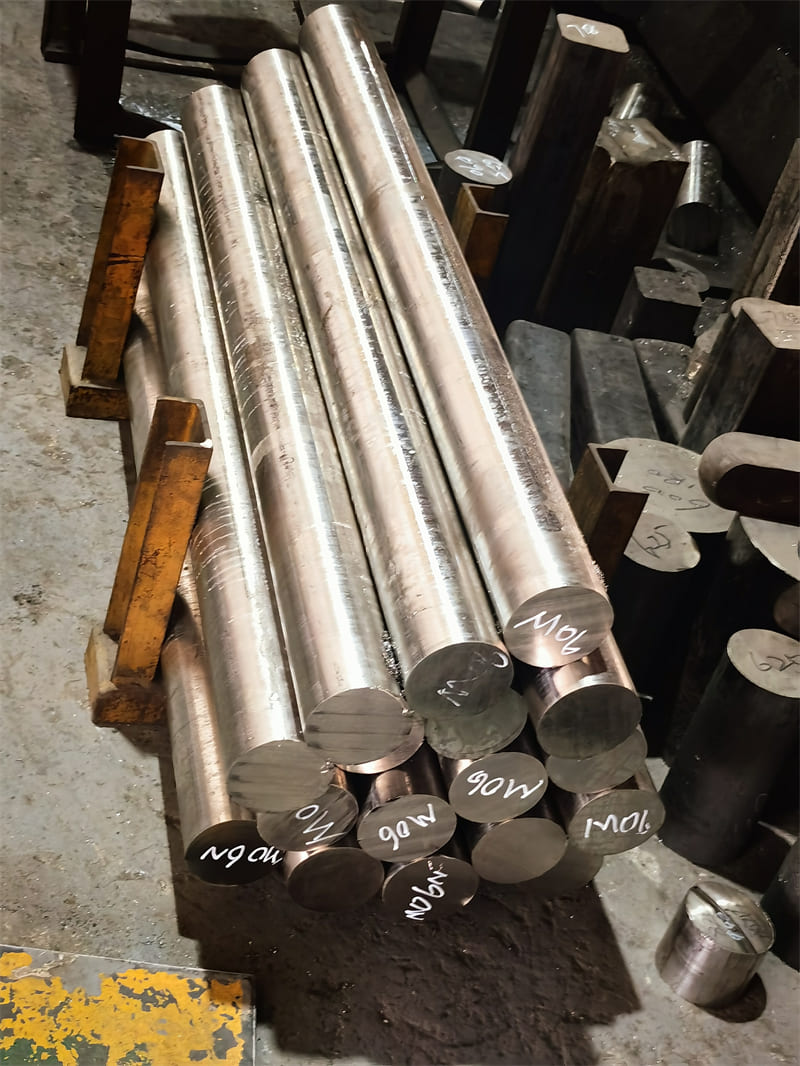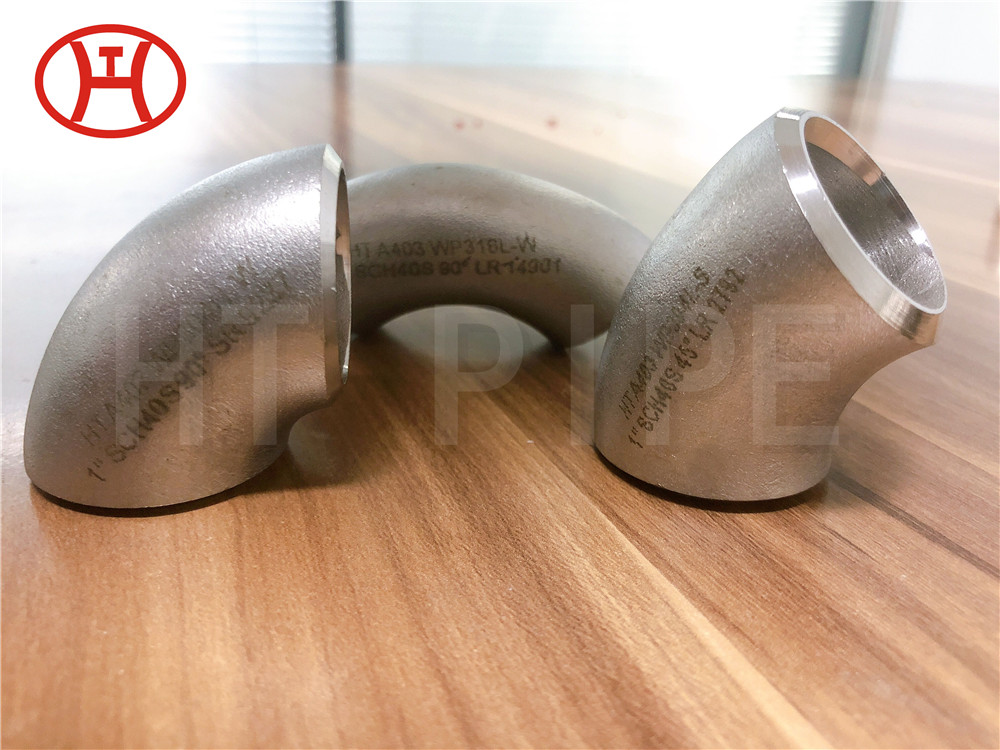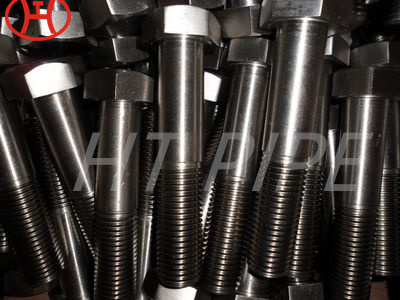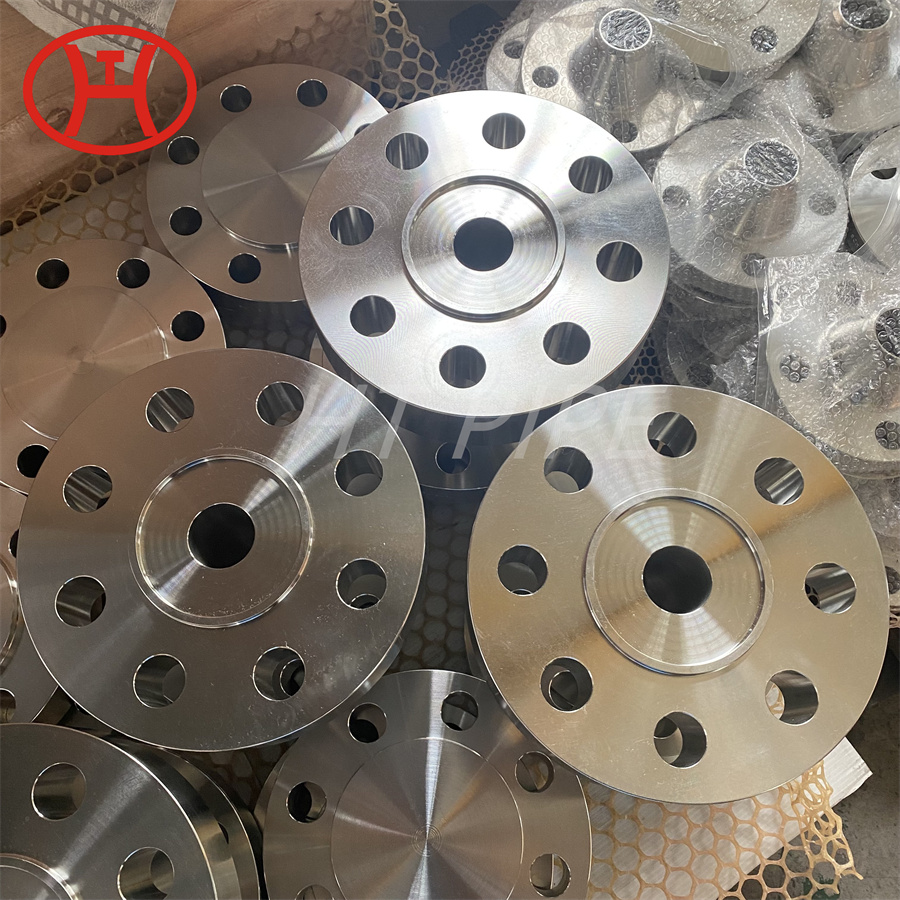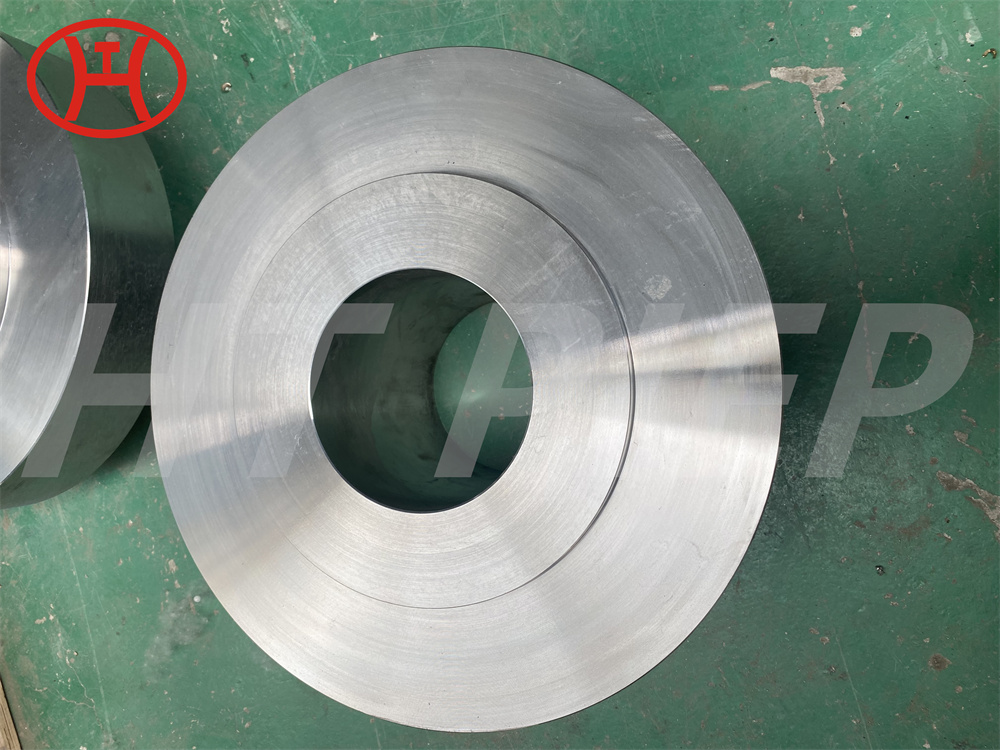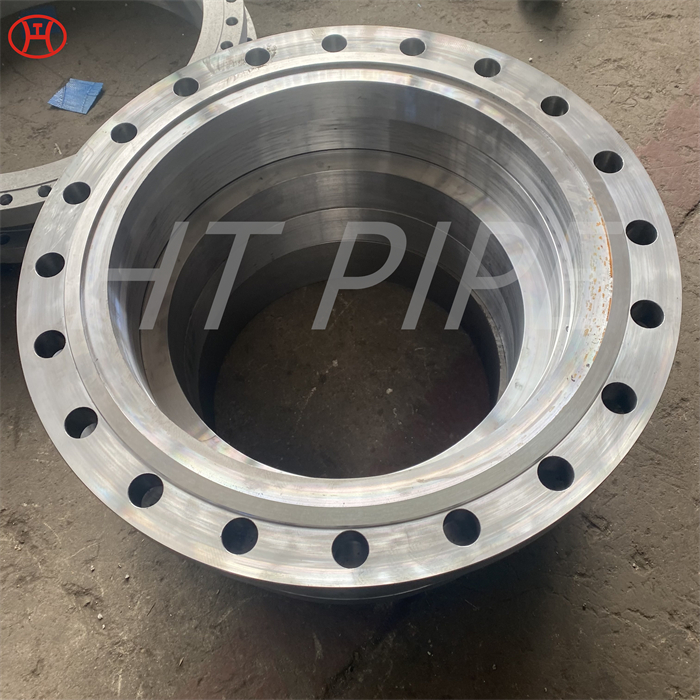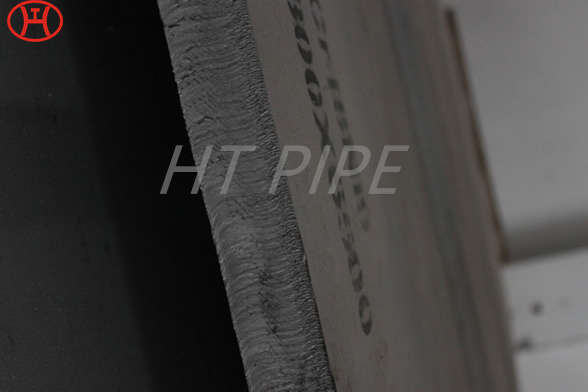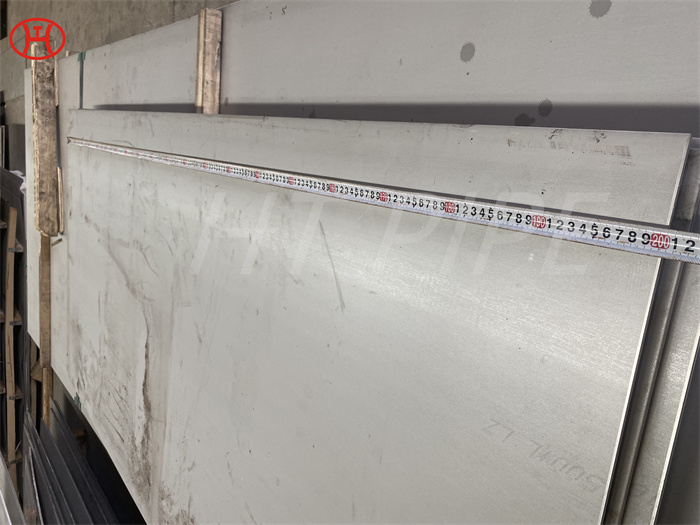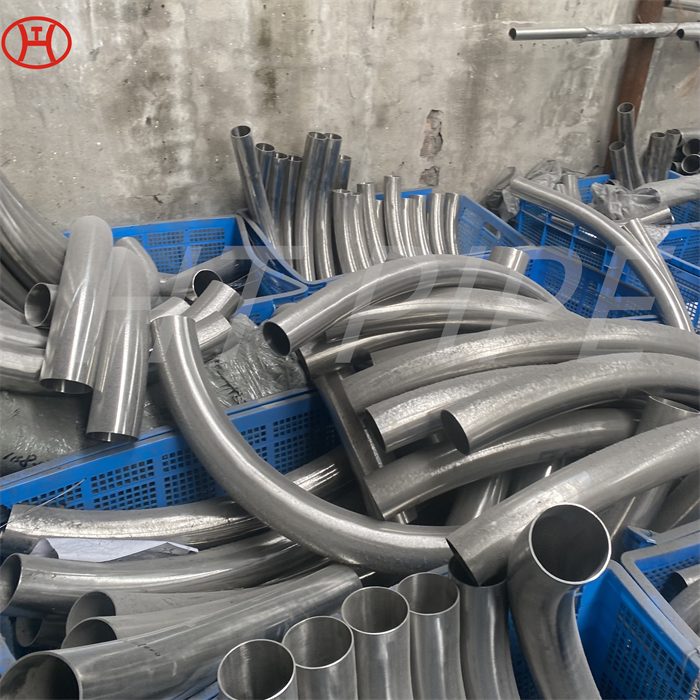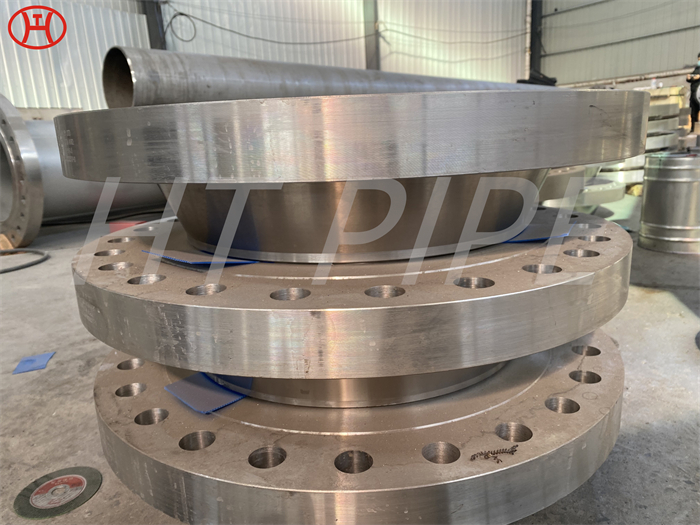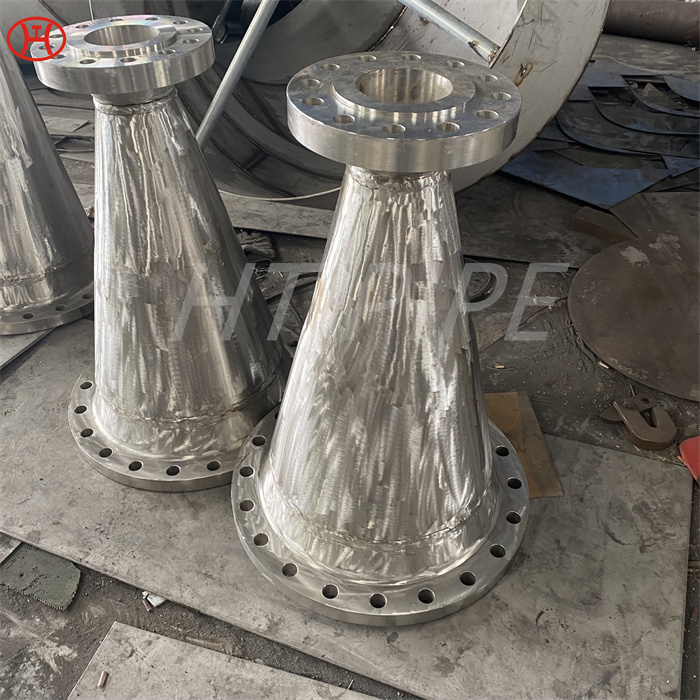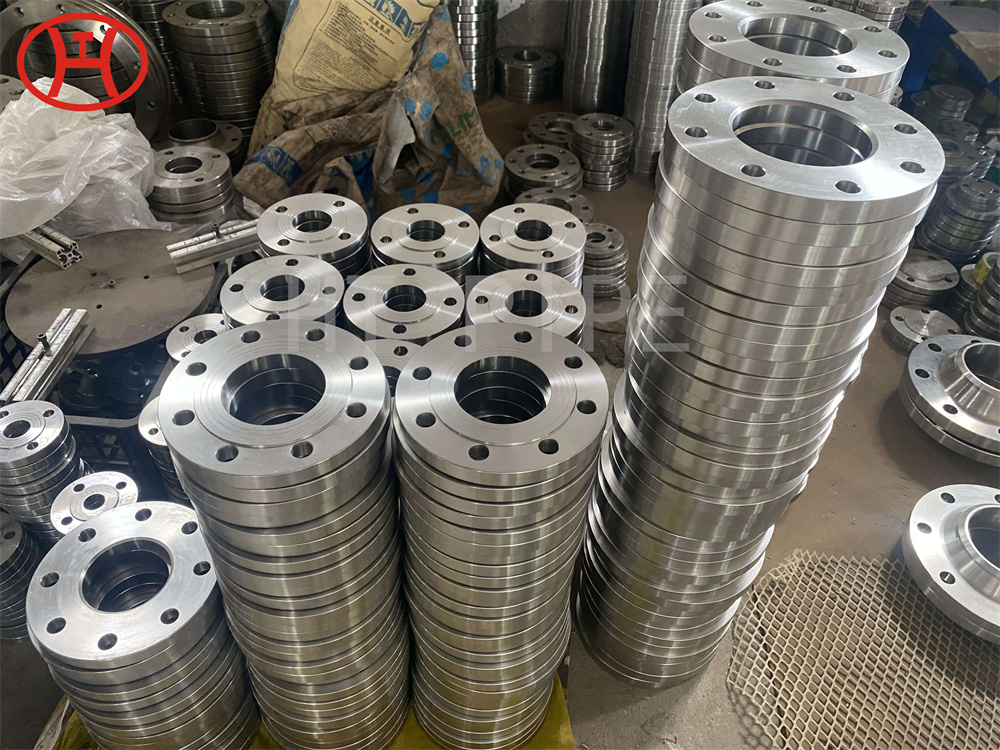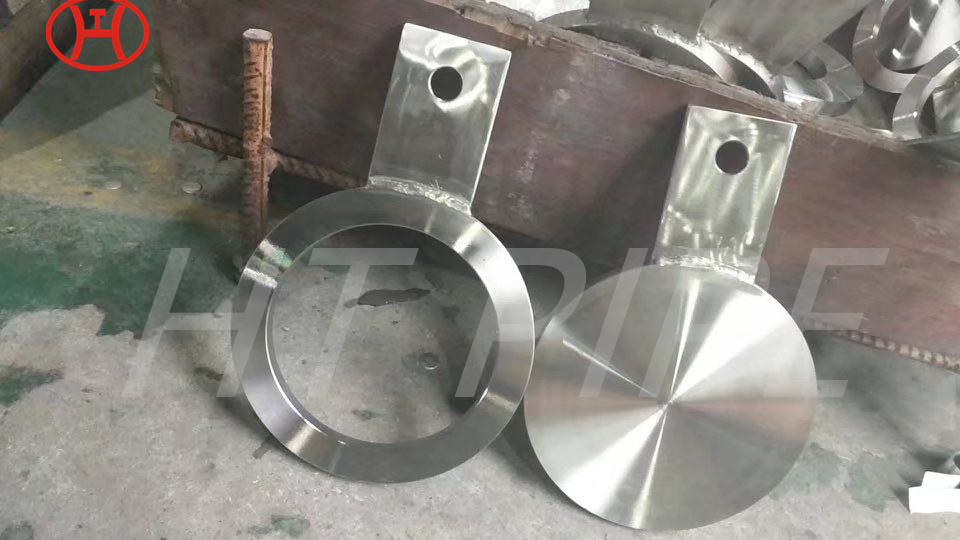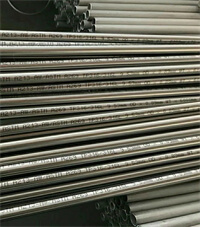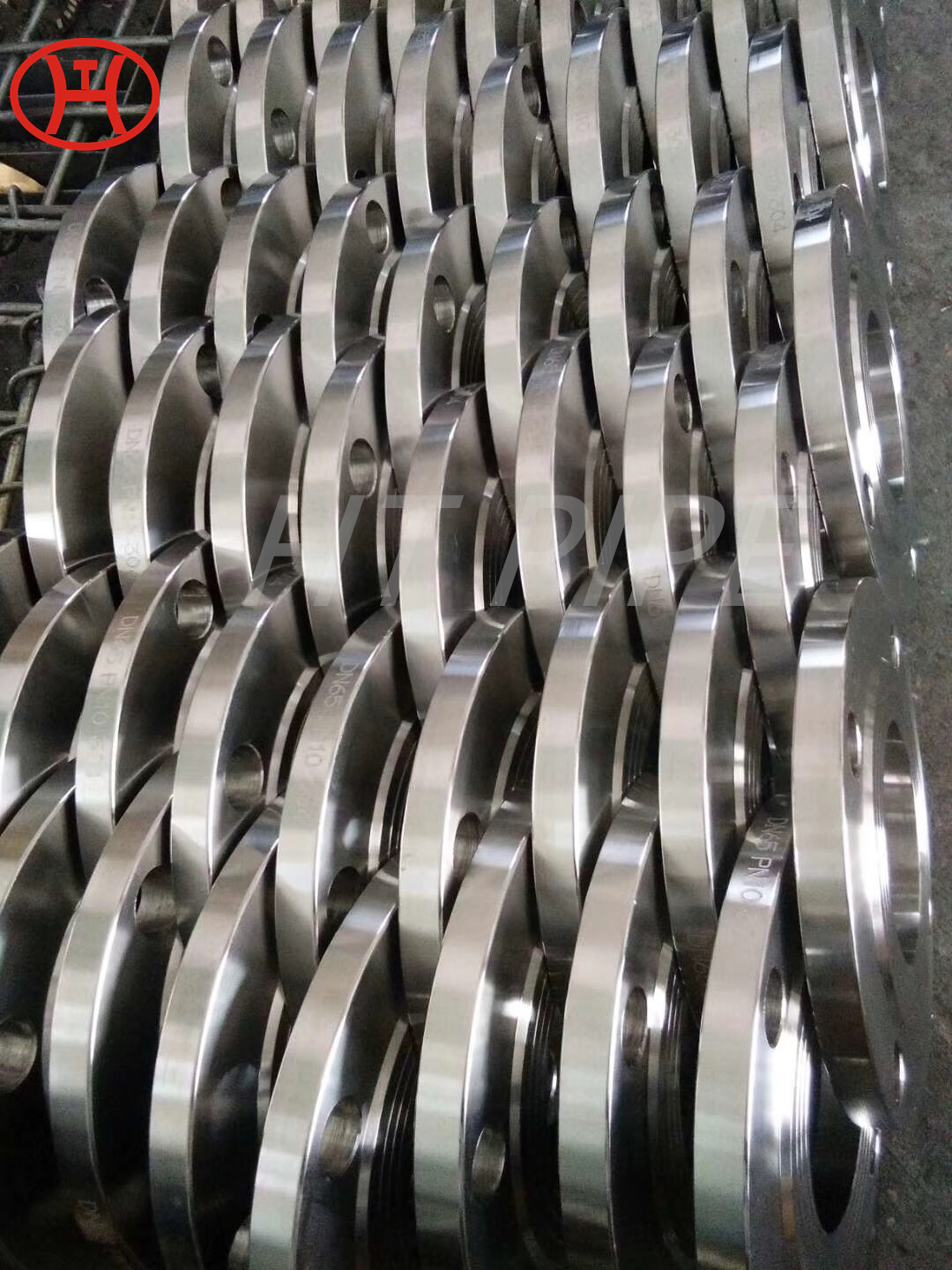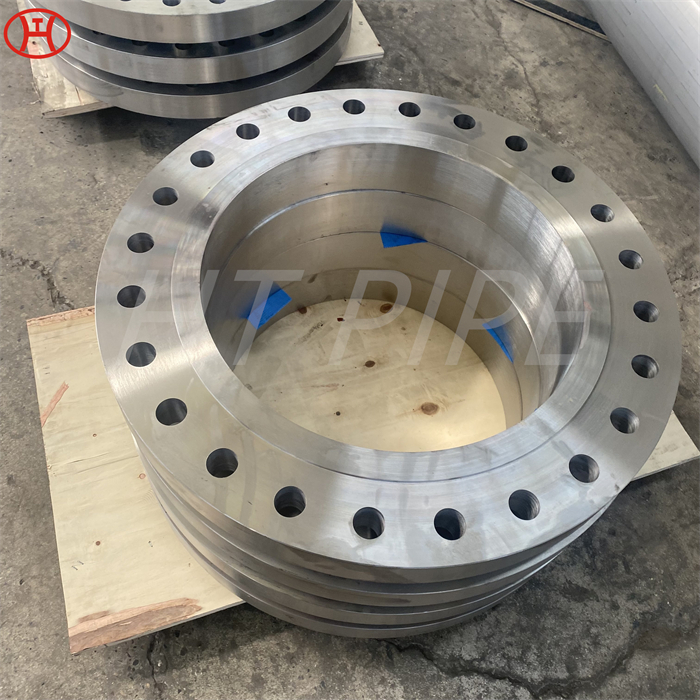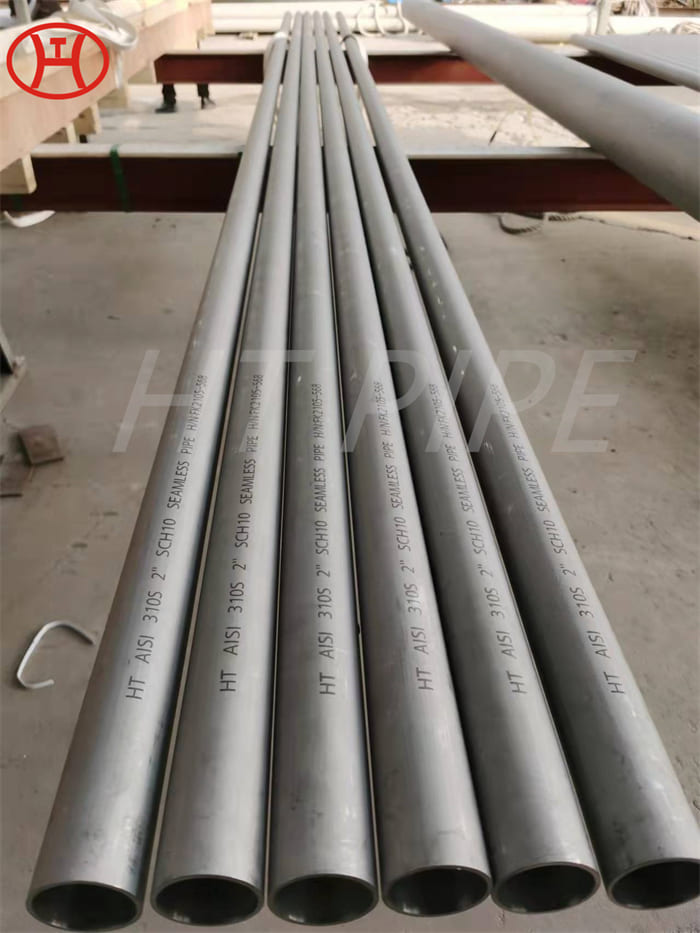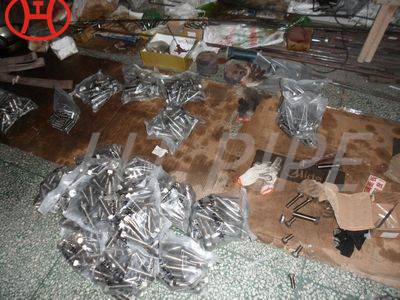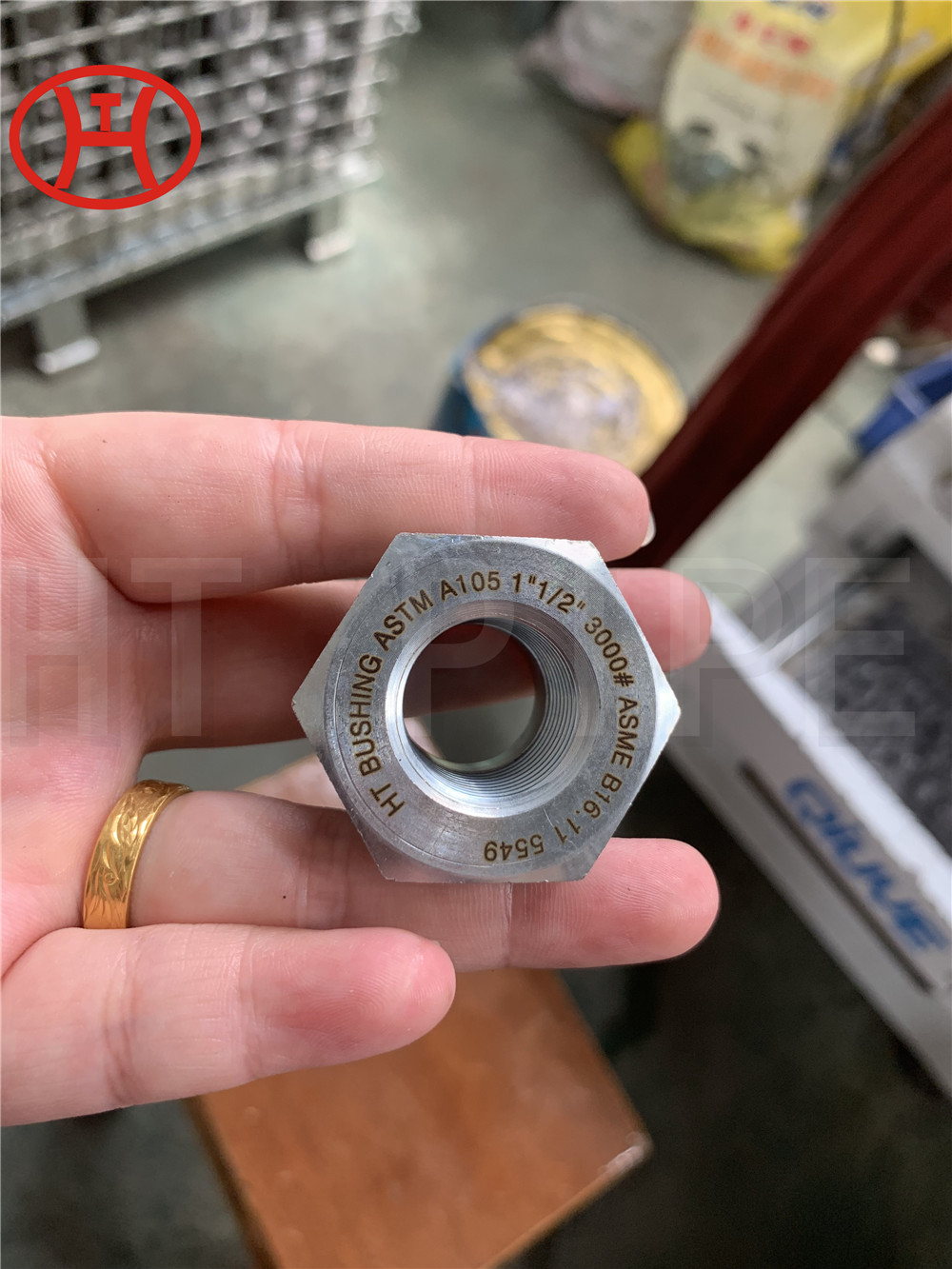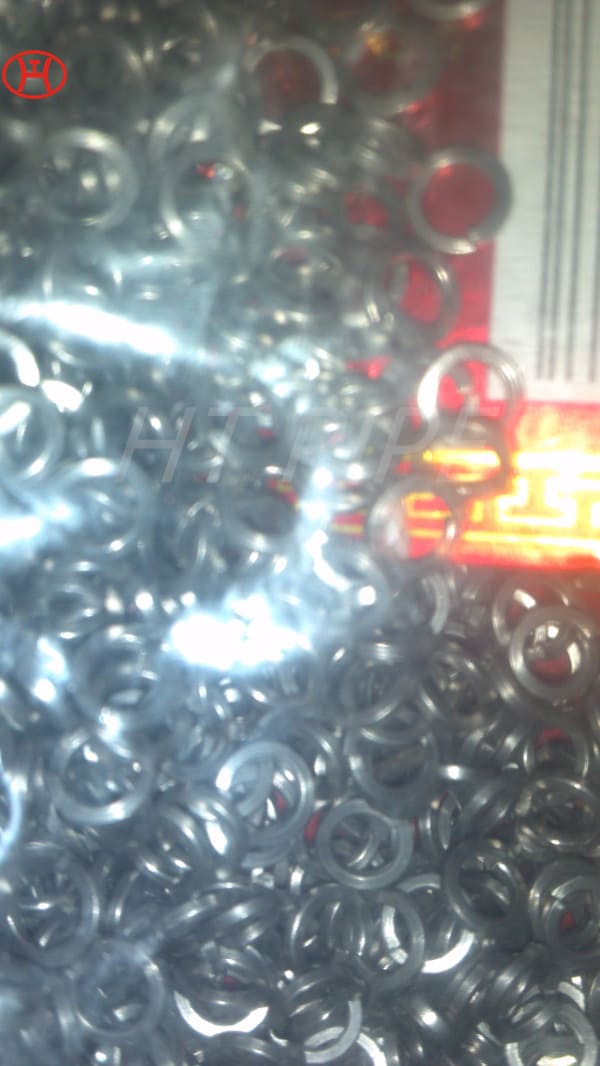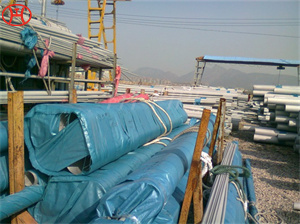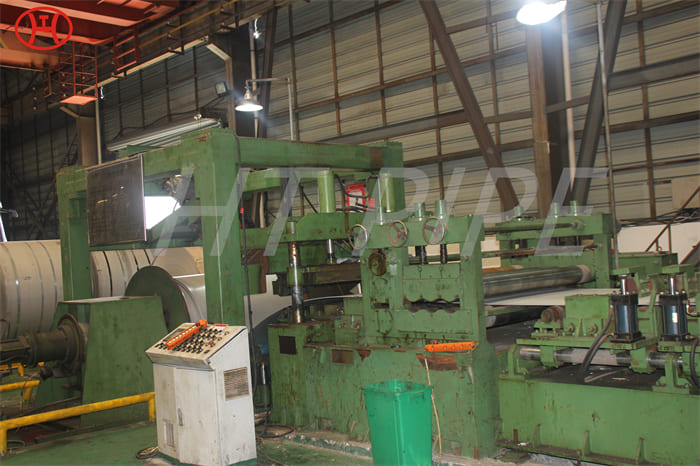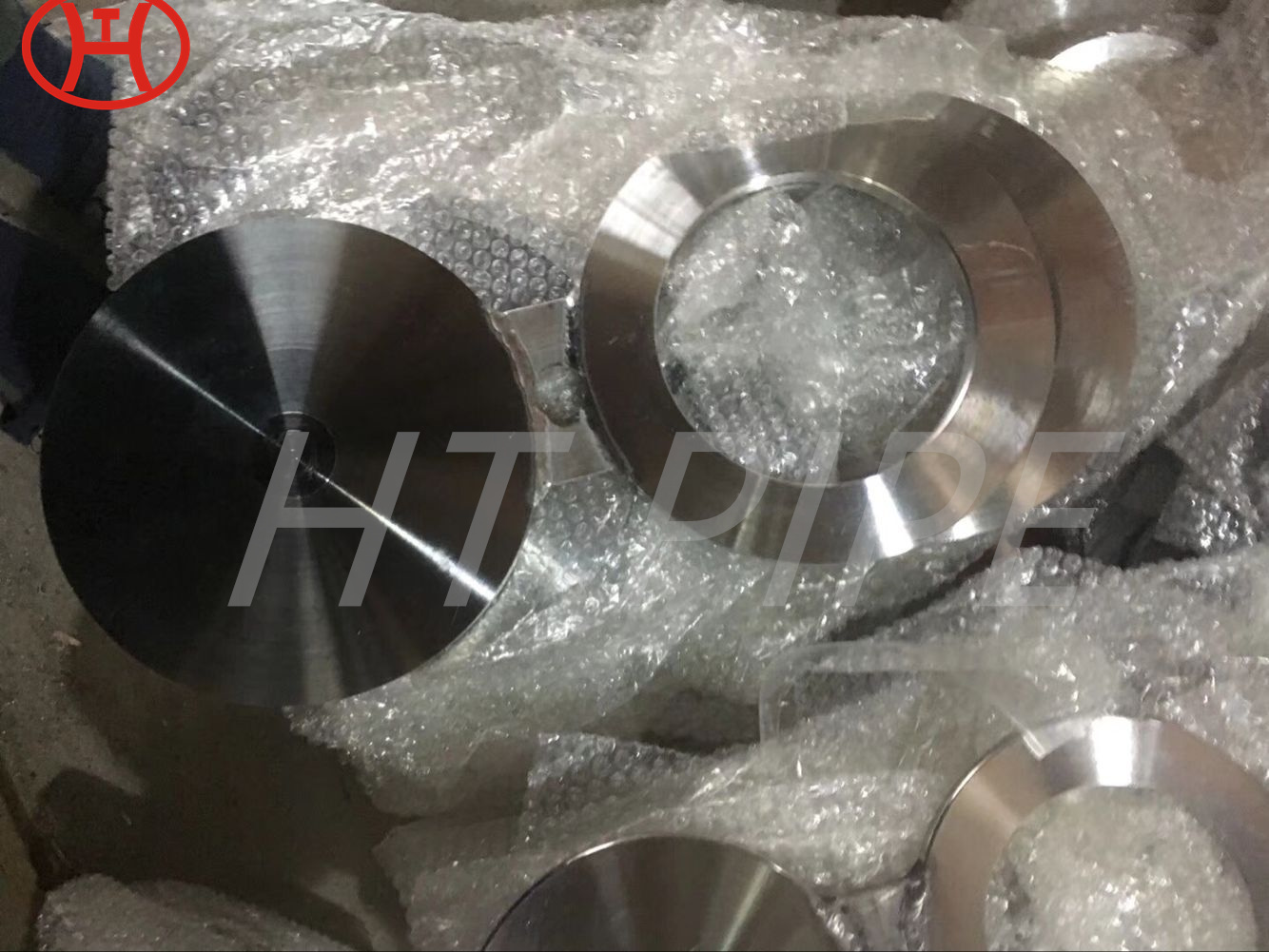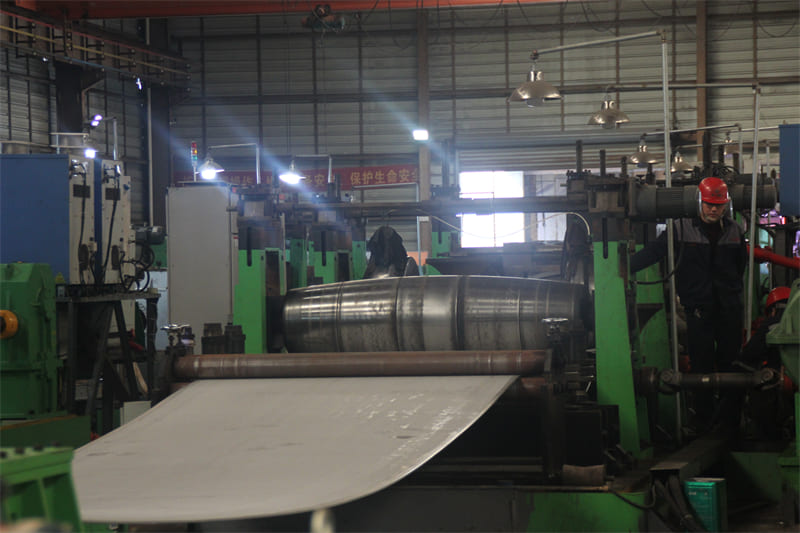Factory Production Stainless Steel 316L Steel Flat Bar
Steel bars are one of the core components of any manufacturing
industry or for that matter any industry that relies on machineries.
Thanks to its versatile applications, steel bars find itself in the
epicenter of most of engineering industries, be it automotive, textile,
fabrication, construction, cement, ship building, paper and pulp,
defence, heavy earth moving equipments or aerospace.
The overwhelming popularity of steel bars is owed to the fact that
it is possible to be produced in varying types, shapes, sizes, and
grades of bars to cater the exact technical requirements. Steel
bars generally have the shapes such as flat, round, hexagonal,
square and channel and on most of the occasions, it is the shape
of the bar that defines its application area
Stainless steel is an alloy of iron that is resistant to rusting and corrosion. It contains at least 11% chromium and may contain elements such as carbon, other nonmetals and metals to obtain other desired properties. Stainless steel’s resistance to corrosion results from the chromium, which forms a passive film that can protect the material and self-heal in the presence of oxygen
Completely and infinitely recyclable, stainless steel is the ¡°green material¡± par excellence. In fact, within the construction sector, its actual recovery rate is close to 100%.
Stainless steel is also environmentally neutral and inert, and its longevity ensures it meets the needs of sustainable construction. Furthermore, it does not leach compounds that could modify its composition when in contact with elements like water.
Stainless steel must contain at least 10.5 percent chromium. Depending on the grade, it may contain much higher chromium levels, and additional alloying ingredients like molybdenum, nickel, titanium, aluminum, copper, nitrogen, phosphorous or selenium.
In addition to these environmental benefits, stainless steel is also aesthetically appealing, extremely hygienic, easy to maintain, highly durable and offers a wide variety of aspects. As a result, stainless steel can be found in many everyday objects. It also plays a prominent role in an array of industries, including energy, transportation, building, research, medicine, food and logistics.

